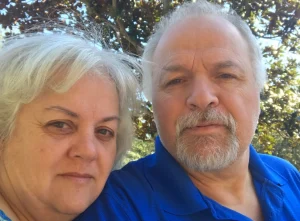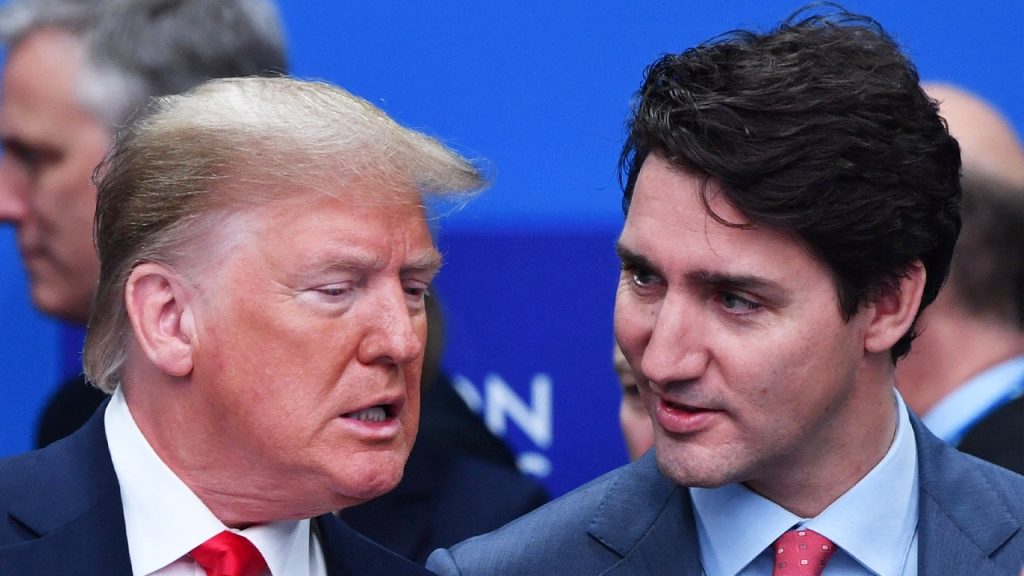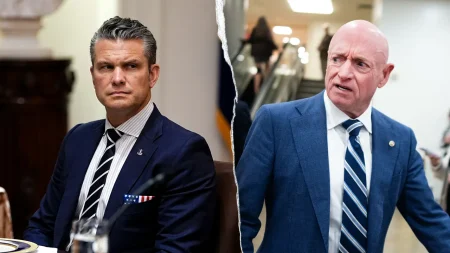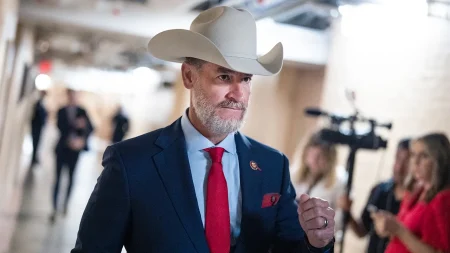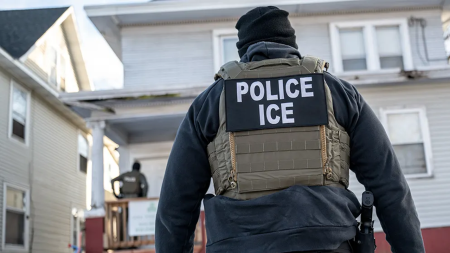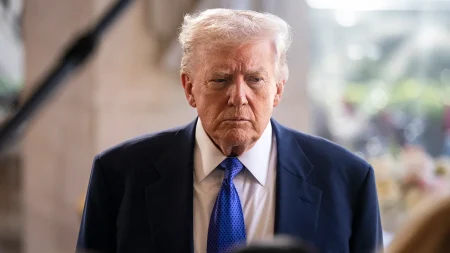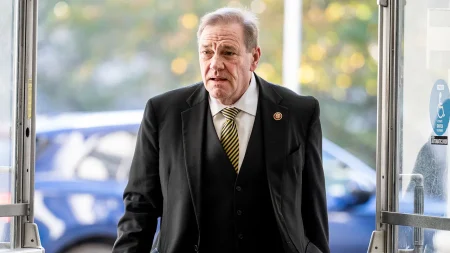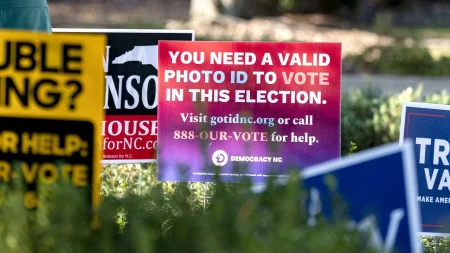The impending inauguration of President-elect Donald Trump has spurred a flurry of diplomatic activity, with two high-ranking Canadian ministers embarking on a mission to Palm Beach, Florida, to engage in crucial discussions concerning border security and trade. Finance Minister Dominic LeBlanc and Foreign Minister Mélanie Joly are slated to meet with Tom Homan, Trump’s designated “border czar,” to address Canada’s strategic plan for bolstering border security. This meeting follows a previous encounter between Canadian Prime Minister Justin Trudeau and President Trump at Mar-a-Lago, as well as a constructive phone call between the Canadian ministers and Homan earlier in the month. The Canadian delegation aims to build upon these prior interactions and foster a collaborative approach to bilateral relations.
The primary focus of the discussions revolves around Canada’s proactive measures to combat fentanyl trafficking and stem the tide of illegal migration. The Canadian ministers intend to elaborate on the comprehensive strategies outlined in Canada’s Border Plan, a multifaceted initiative designed to enhance security measures along the shared border. Furthermore, the ministers plan to underscore the potentially detrimental economic consequences of imposing a 25% tariff on Canadian goods, emphasizing the interconnectedness of the Canadian and American economies and the potential for mutual harm.
President Trump’s repeated threats to levy tariffs on Canadian imports have sparked considerable apprehension within Canada, a nation deeply intertwined with the U.S. economy. The sheer volume of trade between the two countries underscores the potential repercussions of such tariffs. Canada serves as a crucial supplier of crude oil and electricity to the U.S., and billions of dollars worth of goods and services traverse the border daily. This economic interdependence necessitates a delicate balancing act between addressing security concerns and preserving the robust trade relationship.
Beyond the economic ramifications, the talks also carry significant political weight. President Trump’s public pronouncements regarding Prime Minister Trudeau, including the suggestion that Canada become the 51st U.S. state if tariffs cripple its economy, have injected a degree of tension into the bilateral relationship. These remarks, coupled with Trump’s social media jabs referring to Trudeau as “Governor,” underscore the need for diplomatic engagement to mitigate potential friction and maintain a productive working relationship.
The Canadian ministers are approaching the meeting with a clear agenda: to articulate Canada’s commitment to border security, emphasize the negative repercussions of tariffs, and foster a spirit of cooperation. The outcome of these discussions will play a pivotal role in shaping the future of U.S.-Canada relations under the Trump administration. The stakes are high, and the success of these talks hinges on the ability of both sides to address their respective concerns while upholding the long-standing ties that bind the two nations.
The discussions between Canadian officials and the incoming Trump administration represent a critical juncture in the bilateral relationship. The issues of border security, trade, and fentanyl trafficking are complex and intertwined, requiring a nuanced approach that balances security concerns with economic realities. The success of these talks will depend on the willingness of both sides to engage in constructive dialogue, find common ground, and forge a path forward that benefits both nations. The world will be watching closely as these two North American neighbors navigate the challenges and opportunities that lie ahead.

